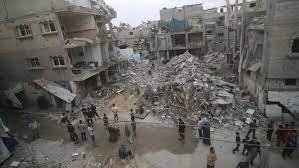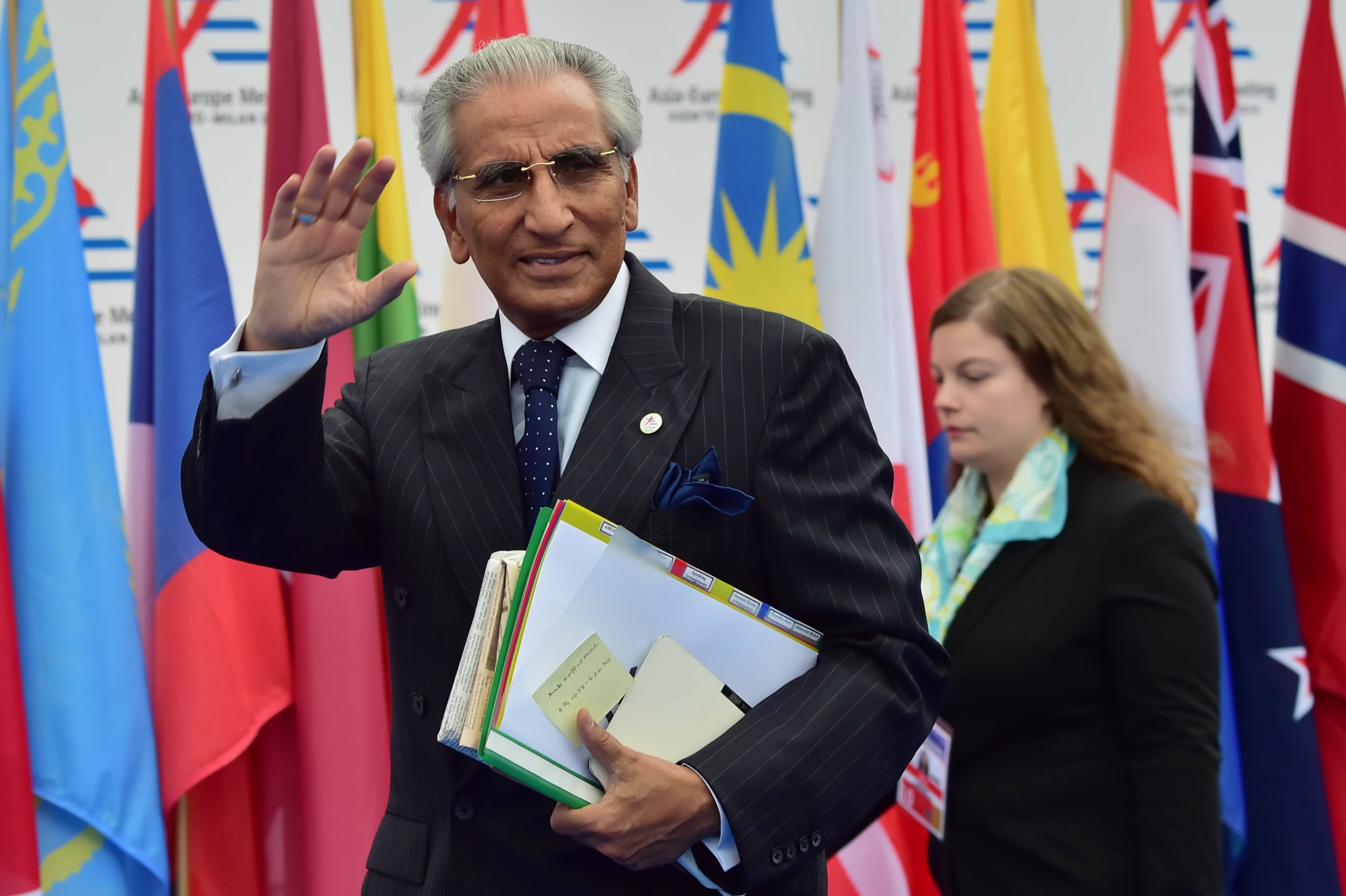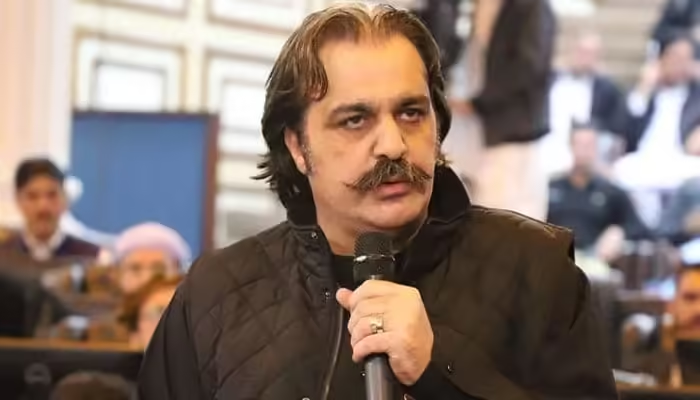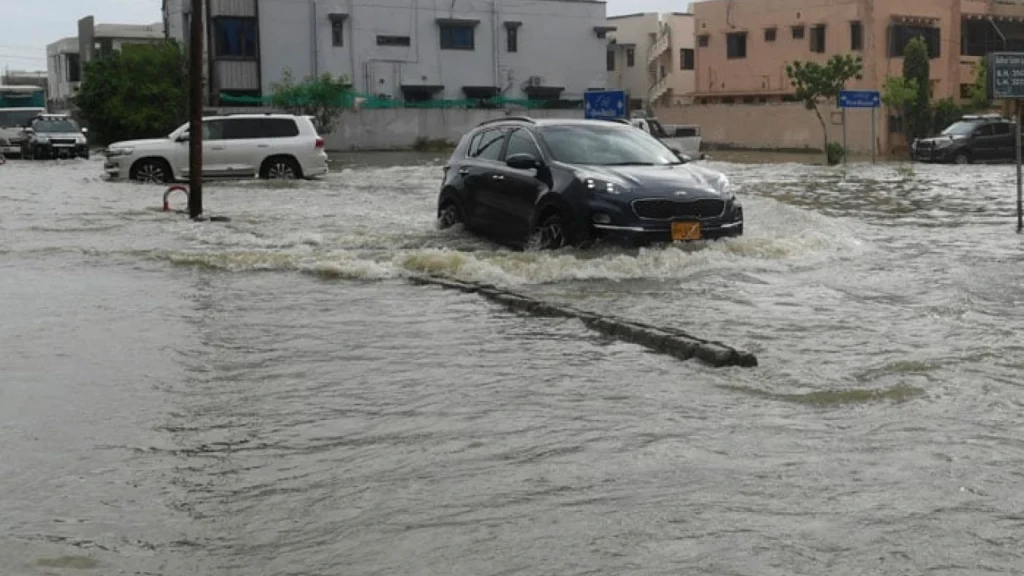The European Union (EU) is under increasing pressure to take concrete actions to save lives in Gaza, with the European Parliament recently passing a resolution urging a “humanitarian pause.” This comes after the United States rejected a similar UN Security Council resolution that called for temporary ceasefires to facilitate the delivery of life-saving aid to Gaza’s population.
Ambassadors representing Arab nations at the EU have criticized the bloc for its perceived lack of decisive action and its failure to demand an immediate ceasefire.
Abdelrahim Alfarra, the Palestinian Authority’s Ambassador to the EU, is calling on the European Union to utilize all available means to exert immediate pressure on Israel. He emphasizes, “I urge the European Union to press Israel to halt the massacres and attacks against civilians, including children and women in Gaza.”
Alfarra stresses that the European Union and its member states bear moral and principled responsibilities, deeming double standards unacceptable. He asserts, “We call on the Europeans to ensure an immediate end to the aggression against the Gaza strip.”
Non-governmental organizations (NGOs) have criticized the European Parliament for its “modest gesture” of calling for a humanitarian pause instead of a comprehensive ceasefire.
Vittorio Infante, an Oxfam EU conflict expert, underscores the importance of seizing any opportunity to safely deliver aid to Gaza while emphasizing that it does not constitute the ultimate solution. He states, “A comprehensive ceasefire, agreed upon by all parties, and ending the blockade of Gaza is the only way to ensure adequate humanitarian aid and life-saving assistance reaches the civilian population.”
The EU has faced significant criticism for its divided response to the conflict, including conflicting statements regarding the potential suspension of vital aid to Palestinian territories. European Commission President Ursula von der Leyen has also faced scrutiny for her consistent support for Israel and her reluctance to demand respect for international humanitarian law.
The international community has called on Egypt, which shares a border with the southern part of Gaza, to establish humanitarian corridors to facilitate aid delivery to those fleeing the conflict. As a precaution against a possible ground invasion, hundreds of thousands of Gazans have relocated to the southern part of Gaza following Israel’s evacuation order for the northern enclave.
The Egyptian ambassador to the EU refutes claims that Egypt is refusing to open its passage to Gaza, clarifying, “We have never closed the crossing, and this should be understood. I assure you that the Egyptian side of the crossing has never been closed. The issue is that the other part of the crossing has been hit four times.”
The European Commission recently announced its intention to send humanitarian supplies to the Egyptian border for Gaza, with two flights scheduled to depart this week. Following an extraordinary meeting of EU leaders, Ursula von der Leyen stated that the Commission is “in discussions with the Egyptian authorities to facilitate the entry of EU aid into Gaza.”
Arab ambassadors place responsibility for the tragic incident at the Al-Ahli Arab hospital on Israel, where hundreds lost their lives. Israel, however, attributes the attack to an accidental rocket fired by the Palestinian Islamic Jihad, a militant group. Members of the European Parliament have joined calls for an independent investigation into the incident’s cause.



